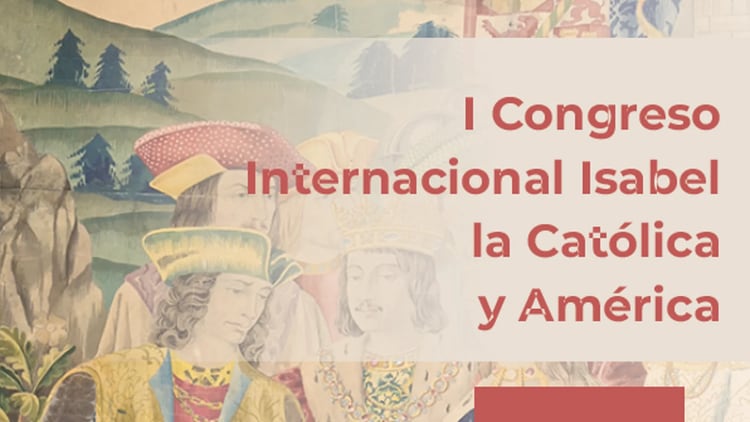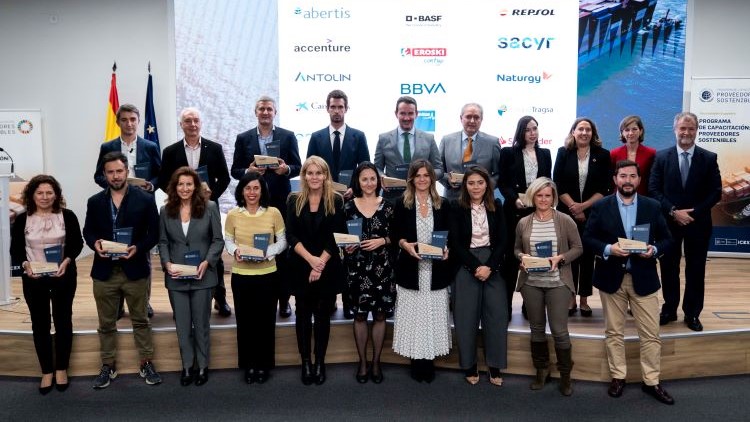The Diplomat
The Catholic University of Ávila (UCAV), through its research group THEIPACD, and the Universidad del Norte Santo Tomás de Aquino of Argentina held this week the First Isabella the Catholic International Congress, in which the legacy of the Queen of Castile in Spain and America was analyzed.
In the Congress, held online from October 23 to 26, 792 people participated, the majority from Latin America, and, according to the director of the THEIPACD Research group, José Antonio Calvo, it was valued, through of an interdisciplinary interpretation, “the impact of Isabella the Catholic, both in Spain and in America and her ability to transform the Spanish presence in the New World.”
The objective of the Congress – fifth of those organized by the UCAV, but the first of an international nature – was to analyze how Isabel la Católica carried out a series of reforms, bringing to America the innovative political and legal institutions and the principles of human rights. humans that were being experimented in Castile at that time.
“This resulted in a differentiated administration on the American continent that, in turn, became a manifestation of the best Christian humanism. In this way, it favored a humanistic approach to flourish in institutions that guaranteed the dignity of people, the rights of natives, cultural development and the emergence of universities in America,” indicated José Antonio Calvo.
Calvo added that the meeting has confirmed an intuition they already had: “Isabella the Catholic established a very solid criterion for the recognition of the human being, the child of God, on both sides of the Atlantic.”
“In contrast to the British or French model, even the Portuguese, which despised the foreigner and the pagan, the queen understood that God loved them all as her children. For her, the legitimacy of Spain’s presence in America lay almost exclusively in the desire that nestled in her heart for its inhabitants to know the gospel and be able to access the benefits of the Judeo-Christian civilization of the West: University, Law, Justice, Literature …”, Calvo explained.







